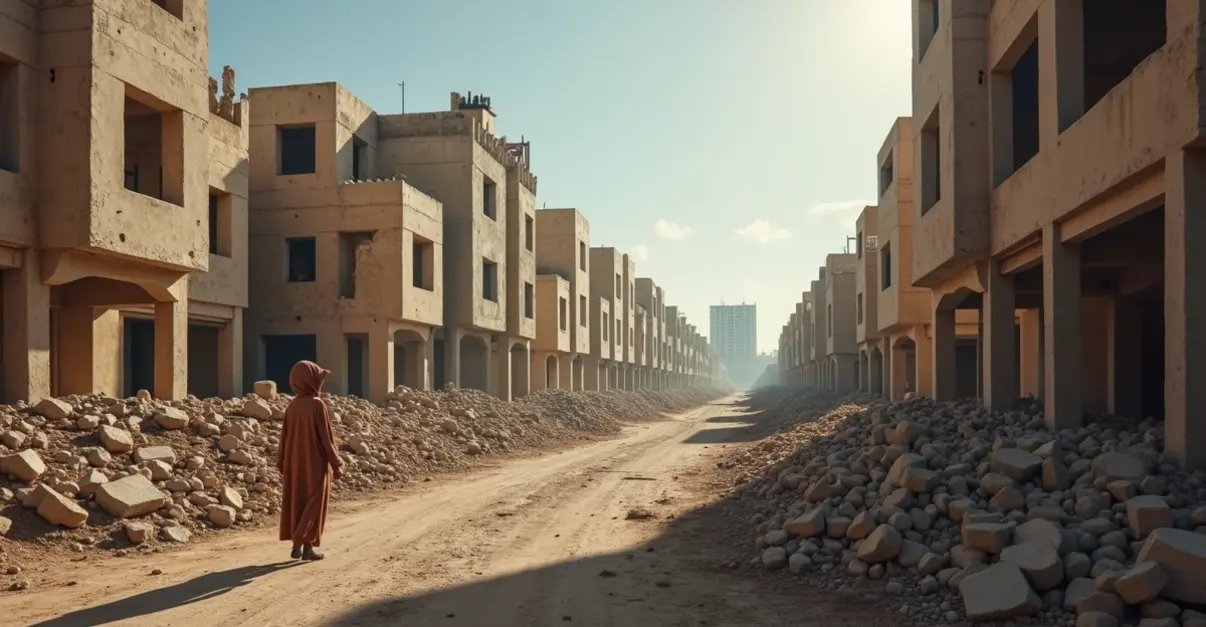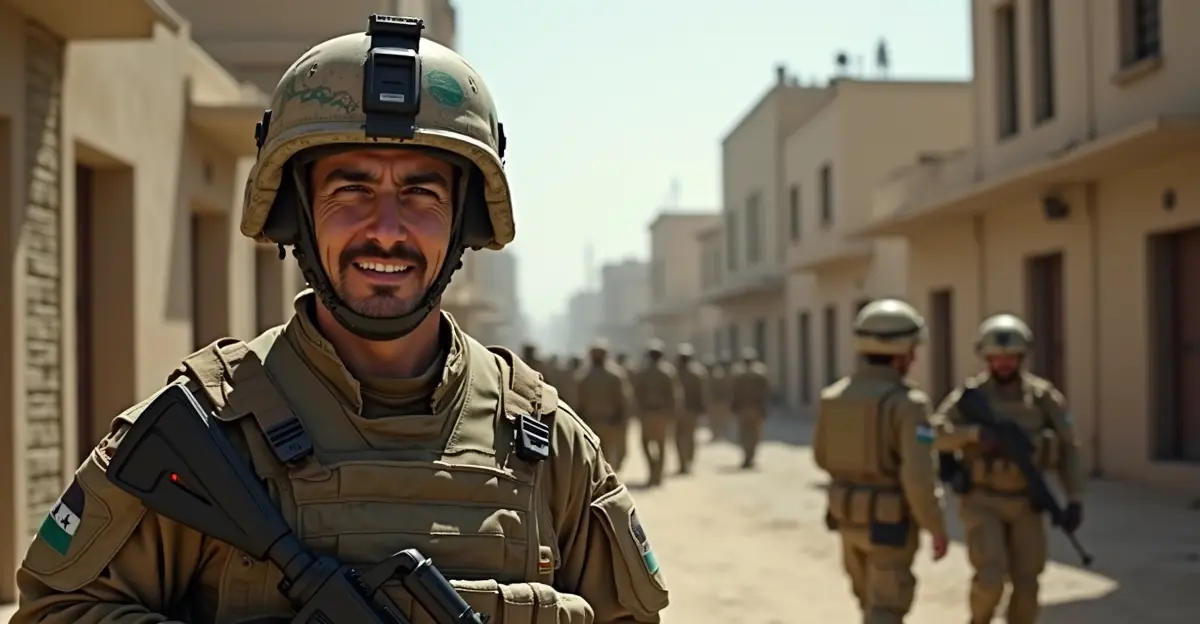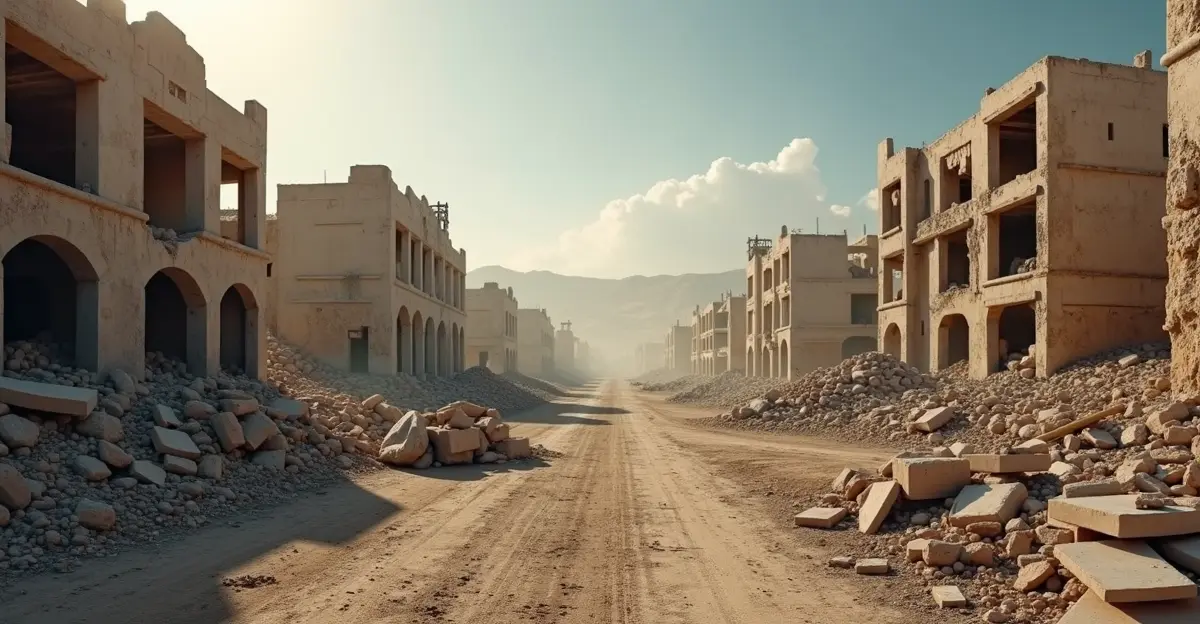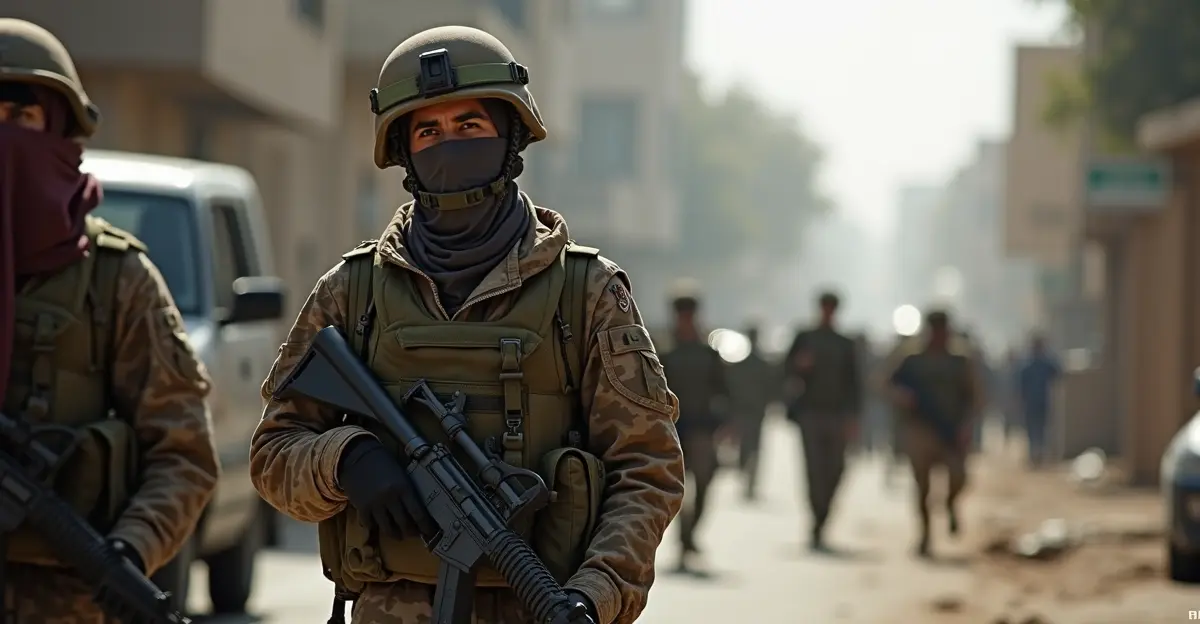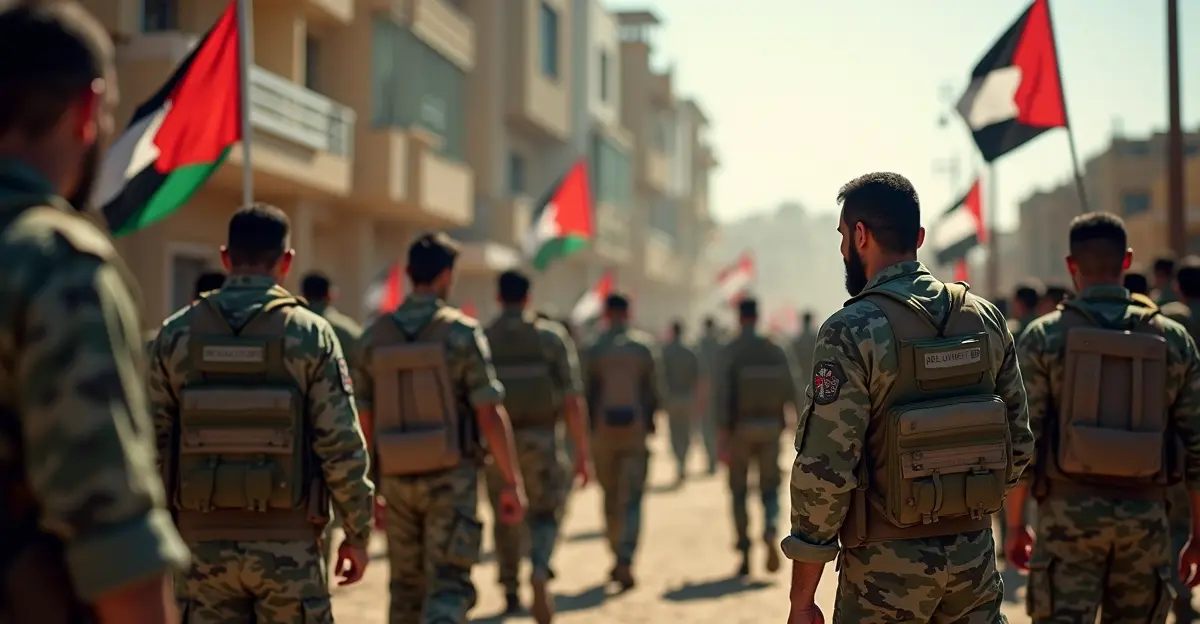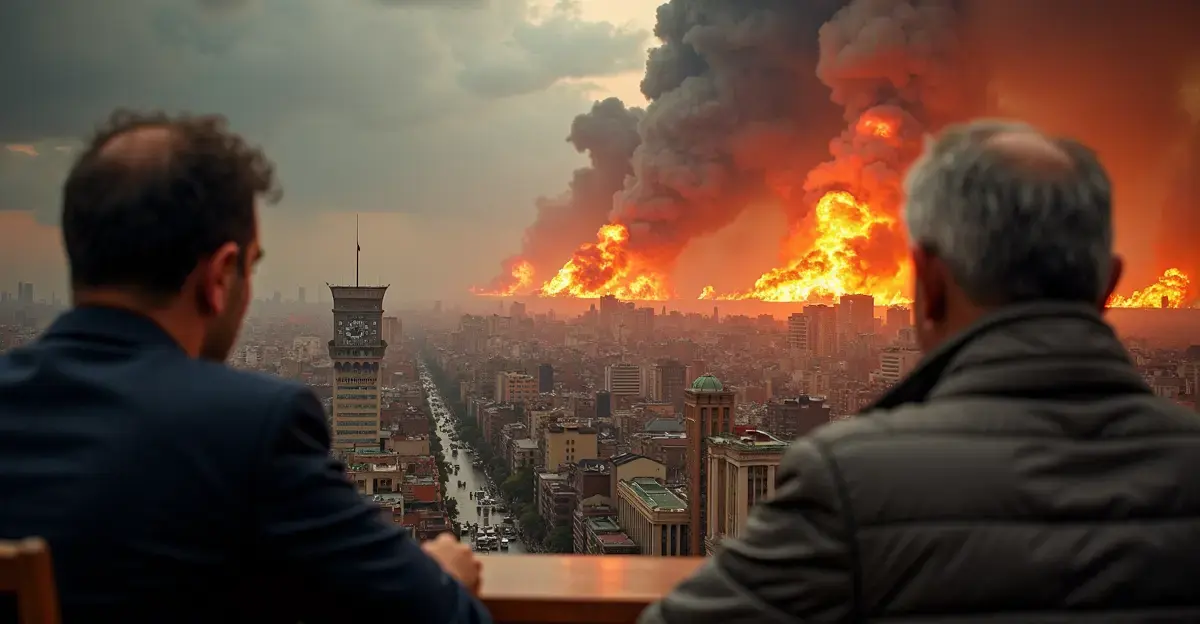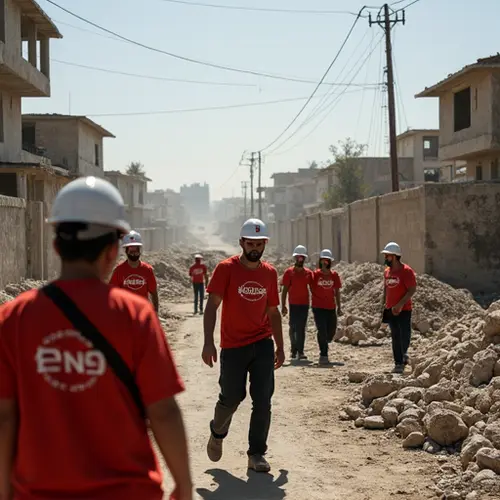Europe's Diplomatic Push in Post-Conflict Gaza
Following a US-brokered peace agreement signed in October 2025, the European Union is positioning itself for a more substantial role in Gaza's reconstruction and governance. The bloc, which has provided over €550 million in humanitarian aid since the conflict began in October 2023, now aims to transition from being primarily a donor to an active political player in shaping Gaza's future.
Peace Deal Opens New Opportunities
The peace agreement signed by the United States, Qatar, Egypt, and Türkiye on October 13, 2025, has created a framework for the EU to expand its involvement. EU foreign policy chief Kaja Kallas emphasized the complexity of the task ahead, stating: 'The peace plan requires significant international support to succeed, and Europe wanted to contribute fully to this.'
European Commission President Ursula von der Leyen and European Council President António Costa have both welcomed the agreement, with von der Leyen noting that 'when the time comes, we will be ready to assist in recovery and reconstruction.' The EU has already committed to a €1.6 billion multiannual programme for Palestinian recovery spanning 2025-2027.
Massive Reconstruction Challenge
The scale of destruction in Gaza presents unprecedented challenges. According to UNDP estimates cited by Jaco Cilliers, more than 55 million tons of rubble must be cleared from the coastal strip, with initial reconstruction costs estimated at €17 billion over the next three years alone. More recent assessments by the World Bank, UN, and EU have placed the total reconstruction cost at approximately $70 billion.
Border Mission Challenges
The EU's efforts to redeploy its EUBAM Rafah border monitoring mission have faced obstacles. The mission, which involves police from Italy, Spain, and France, was scheduled to restart operations in October 2025 but faced delays as Israel insisted Hamas hand over the remains of deceased hostages. 'The EU mission remains on standby and will be deployed at the Rafah border crossing as soon as conditions allow,' stated a spokesperson for Kallas in Brussels.
Internal Divisions Persist
The EU's effectiveness continues to be hampered by internal divisions among member states. As reported by Al Jazeera, countries like Spain and Ireland have advocated for stronger measures against Israel, while Germany, Hungary, and the Czech Republic have resisted such moves. German Foreign Minister Johann Wadephul stressed that 'Hamas must be disarmed and no longer allowed to exert political influence.'
Spanish Prime Minister Pedro Sánchez has maintained his country's arms embargo against Israel, stating: 'We are going to maintain this embargo until this whole process is consolidated and definitively on the path to lasting peace.' Meanwhile, French President Emmanuel Macron indicated that while France would help train Palestinian police, it would not participate in any stabilization force.
Governance Questions Remain
The future governance of Gaza remains a critical unresolved issue. The EU has consistently stated that 'Hamas must not have any future role in the administration of the Gaza Strip,' as affirmed by Kallas' spokesperson. However, recent reports of violence between Hamas members and armed clans in Gaza have raised concerns about potential power vacuums.
Bulgarian President Rumen Radev sees the current situation as an opportunity for Europe: 'It is here that Europe has the opportunity to play a key role and make a significant contribution to the rapid and full implementation of this plan.' The EU's ability to overcome its internal divisions and translate diplomatic statements into concrete action will ultimately determine whether it can move from the sidelines to center stage in Gaza's future.

 Nederlands
Nederlands
 English
English
 Deutsch
Deutsch
 Français
Français
 Español
Español
 Português
Português
